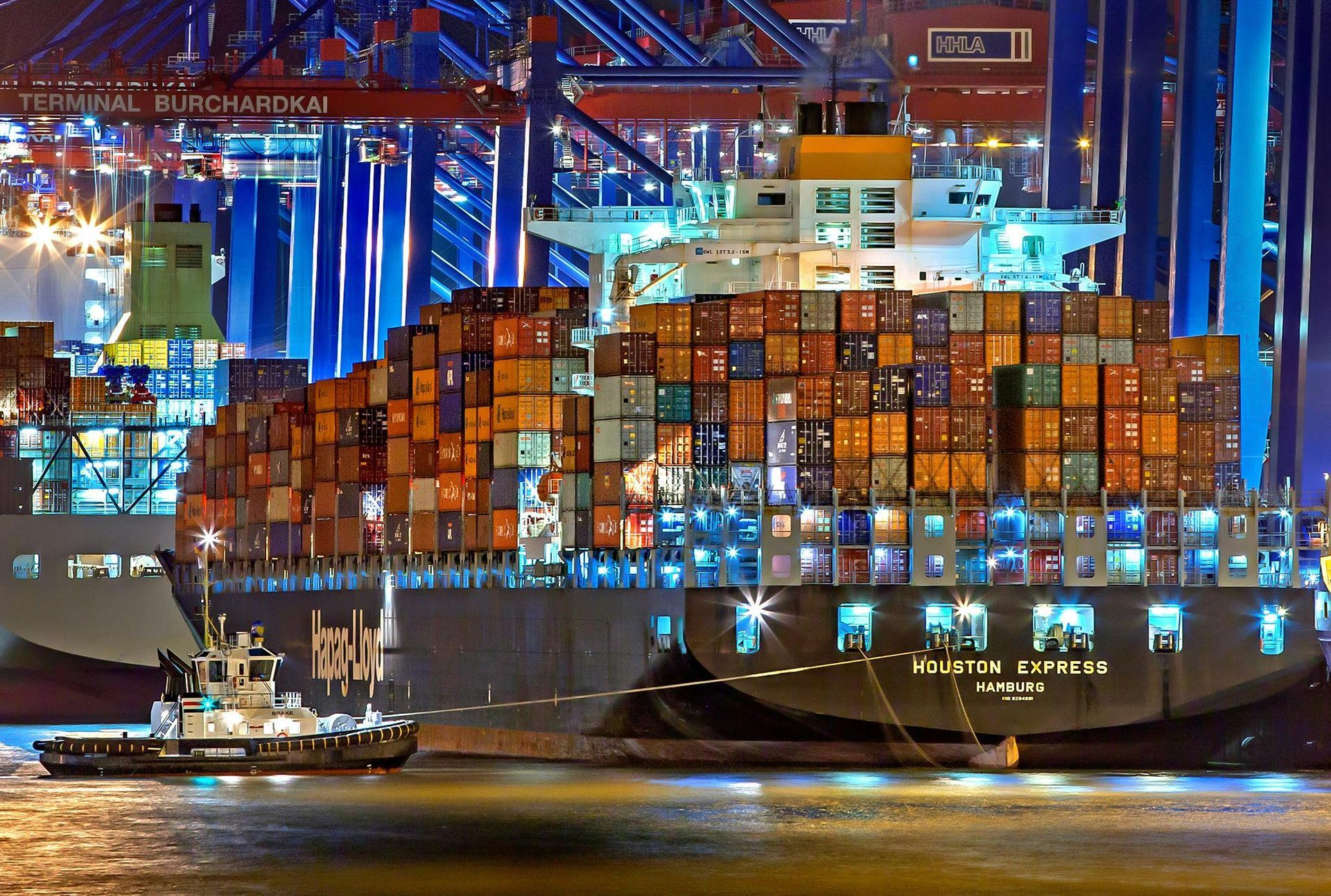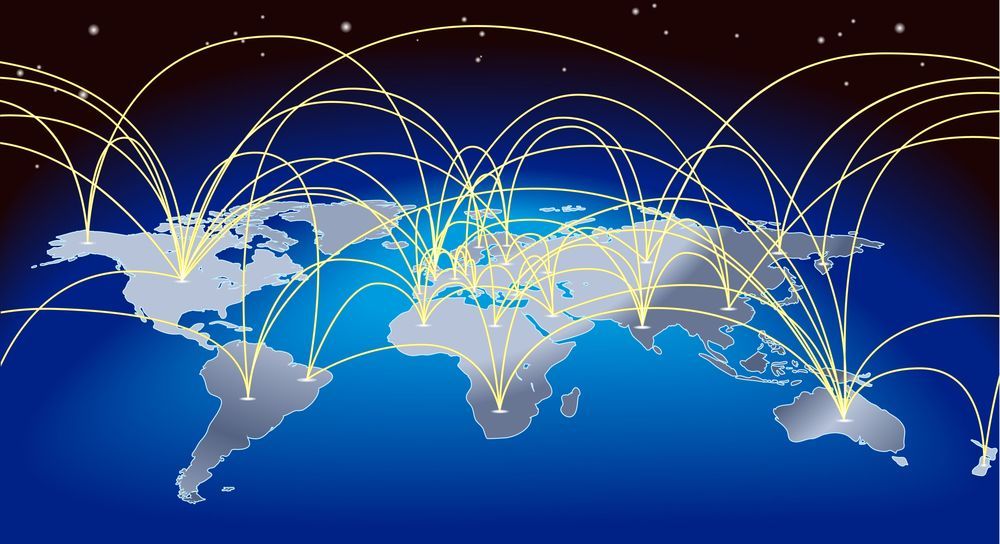The Perilous Art of Sanction Evasion: Navigating the Maze of Financial Deception - The Ghost Ship Phenomenon
Sanctions are a critical tool in international relations, designed to pressure rogue states and individuals to change their behavior:
However, the effectiveness of these measures is constantly challenged by the ingenuity of those seeking to circumvent them. Among the shadowy tactics employed, the phenomenon of "ghost ships" stands out as a particularly perilous art form of sanction evasion, navigating a maze of financial deception on the high seas.
Ghost ships, or phantom vessels, are ships deliberately operating without transmitting their Automatic Identification System (AIS) signals. AIS is essentially a vessel's transponder, broadcasting its location, speed, and other crucial information. Switching it off renders a ship virtually invisible to traditional tracking systems, creating a cloak of invisibility perfect for illicit activities.
- Flag State Manipulation: Ships may fly flags of convenience, registering in jurisdictions with lax oversight, making it difficult to trace their true ownership and activities. This ties into the broader challenge of complex ownership structures, where shell companies and layers of intermediaries obscure the beneficial owner.
- Cargo Misrepresentation: Manifests can be falsified, misrepresenting the type, origin, or destination of cargo. This is a classic example of trade-based money laundering (TBML), where the movement of goods is used to disguise illicit financial flows. Oil, due to its high value and global demand, is a frequent target of such manipulation.
- Ship-to-Ship Transfers (STS): Cargo can be transferred between vessels at sea, often in the dead of night, further obscuring its origin and destination. This "dark fleet" activity makes tracking incredibly challenging and allows sanctioned entities to receive goods without ever docking in a monitored port.
- AIS Spoofing: Beyond simply turning off AIS, some vessels engage in "spoofing," transmitting false location data to mislead authorities. This technological cat-and-mouse game adds another layer of complexity to maritime surveillance.
- Undermining Sanctions Effectiveness: When ships can operate undetected, sanctions lose their bite. This undermines international efforts to address threats to peace and security, allowing sanctioned entities to continue funding destabilizing activities.
- Fueling Illicit Trade: Ghost ships facilitate the smuggling of everything from sanctioned goods and weapons to drugs and counterfeit products. This fuels organized crime and undermines legitimate trade.
- Environmental Damage: Operating outside regulatory scrutiny, ghost ships are often poorly maintained and pose a significant environmental risk. Oil spills and other maritime accidents involving these vessels can have devastating consequences.
- Security Risks: The anonymity afforded by ghost ship operations can be exploited by terrorist groups and other non-state actors, posing a direct threat to global security.
- Enhanced AIS Monitoring Technologies: Investment in satellite and other advanced tracking systems to identify vessels exhibiting suspicious behavior, even without AIS signals.
- Greater International Cooperation: Information sharing between jurisdictions is crucial to uncovering the complex networks behind ghost ship operations. Expect increased joint operations and intelligence sharing.
- Focus on Beneficial Ownership: Regulations are likely to tighten around beneficial ownership of vessels, making it harder to hide behind shell companies and nominee directors. This links to broader efforts to increase transparency in global finance.
- Increased Scrutiny of STS Transactions: Expect stricter monitoring of ship-to-ship transfers, with greater emphasis on due diligence for companies involved in maritime trade.
- Financial Action Task Force (FATF). Website. www.fatf-gafi.org. Accessed [13/02/205].
- U.S. Department of the Treasury, Office of Foreign Assets Control (OFAC). Website. www.treasury.gov/ofac. Accessed [13/02/205].
- European Council. Website. www.consilium.europa.eu. Accessed [13/02/205]. (Specifically for EU Sanctions info)
- International Maritime Organization (IMO). Website. www.imo.org. Accessed [13/02/205].
- United Nations Conference on Trade and Development (UNCTAD). Website. unctad.org. Accessed [13/02/205].
- World Trade Organization (WTO). Website. www.wto.org. Accessed [13/02/205].
- International Monetary Fund (IMF). Website. www.imf.org. Accessed [13/02/205].
- World Bank. Website. www.worldbank.org. Accessed [13/02/205]
Speak to us!
If you wish to learn more about our Solutions and Partners we work with, click here to learn more:
Follow us on social media or drop us a line:






